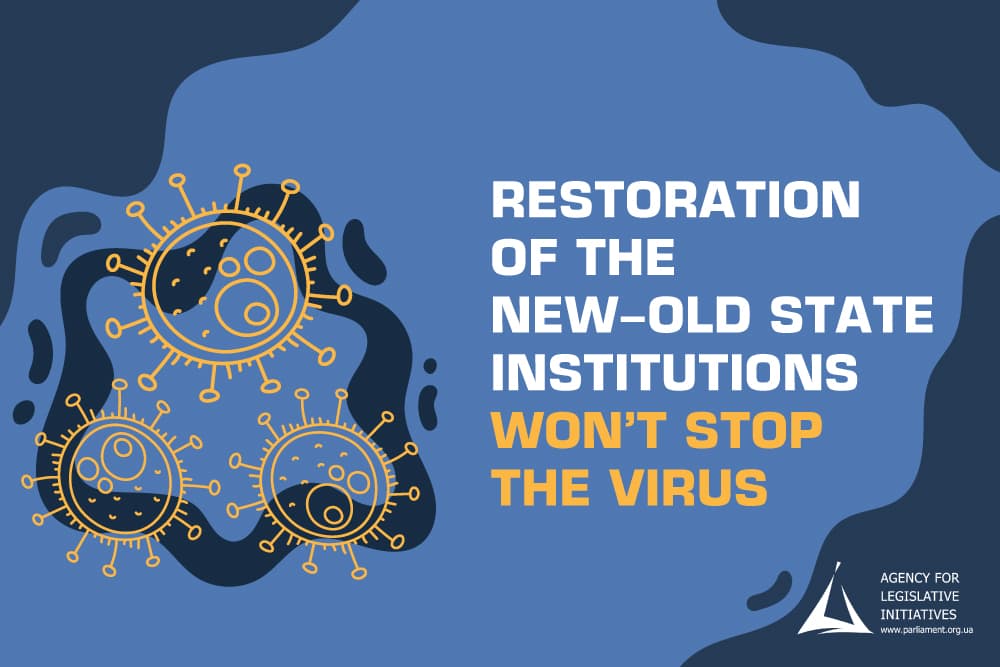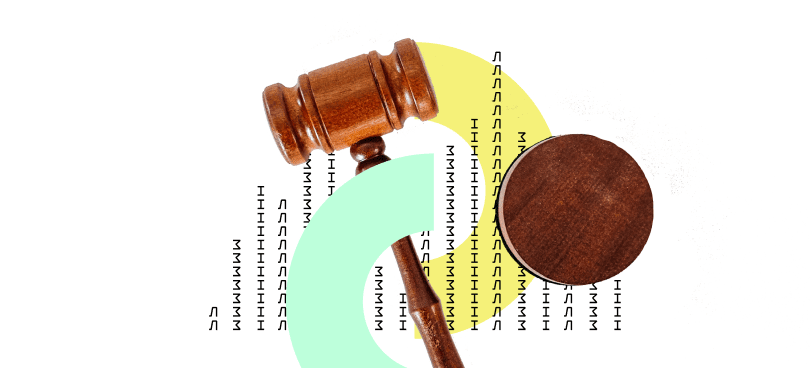Does every problem need its own state body?
The new Minister of Health has announced the prospect of restoring the State Sanitary and Epidemiological Service (SES). This step may seem logical and justified because each problem is supposed to have its government agency due to the spread of coronavirus and the panic around it. But this is not entirely true. Problems pass – institutions remain, and it is much harder to liquidate a state body than to create one. Besides, there is currently no exact list of functions that the new SES will perform.
Should new institutions be created? The paradigm, according to which every sphere of life, every social problem requires its own state body, we inherited from the USSR. However, times have changed; decentralization of power has become almost the main slogan of public administration reform.
Decentralization involves the separation of the function of policy-making and control over its implementation, so the creation of new institutions with a modern philosophy of operation is appropriate. At one time, decentralization affected the old SES – it was abolished, and functions were transferred to various bodies. If the government wants to create a “superinstitution” with these functions again, this is an alarming signal. It takes us back in time.
The creation of a new state body takes some time, which now, in a crisis, we don’t have. Even more, time is needed to establish the necessary communications with central and local authorities. In times of crisis, it is more logical to use and strengthen existing resources.
It is essential to realize that the creation of a new institution carries significant risks because, during the crisis, we have no right to make mistakes. The old SES has already proved its ineffectiveness, particularly during the swine flu epidemic. Also, the functions of the early SES have been taken over by other bodies, including the Center for Public Health of Ukraine.
By creating an institution that has already been liquidated, the current government distances itself from the actions of its predecessors and reduces its responsibility for existing problems. In the long run, this harms the government’s level of trust, as it becomes clear to citizens that the rules of the game can change suddenly. As a result, there will be no legal stability, which is one of the defining features of democracies.
If the SES is given a control function, it can also trigger a mechanism of punishment and pressure. This carries significant corruption risks. It is worth mentioning the return of the system of sanitary and epidemiological inspections, which were a significant source of corruption in the previous SES.
Do we need such a “new” institution?
















